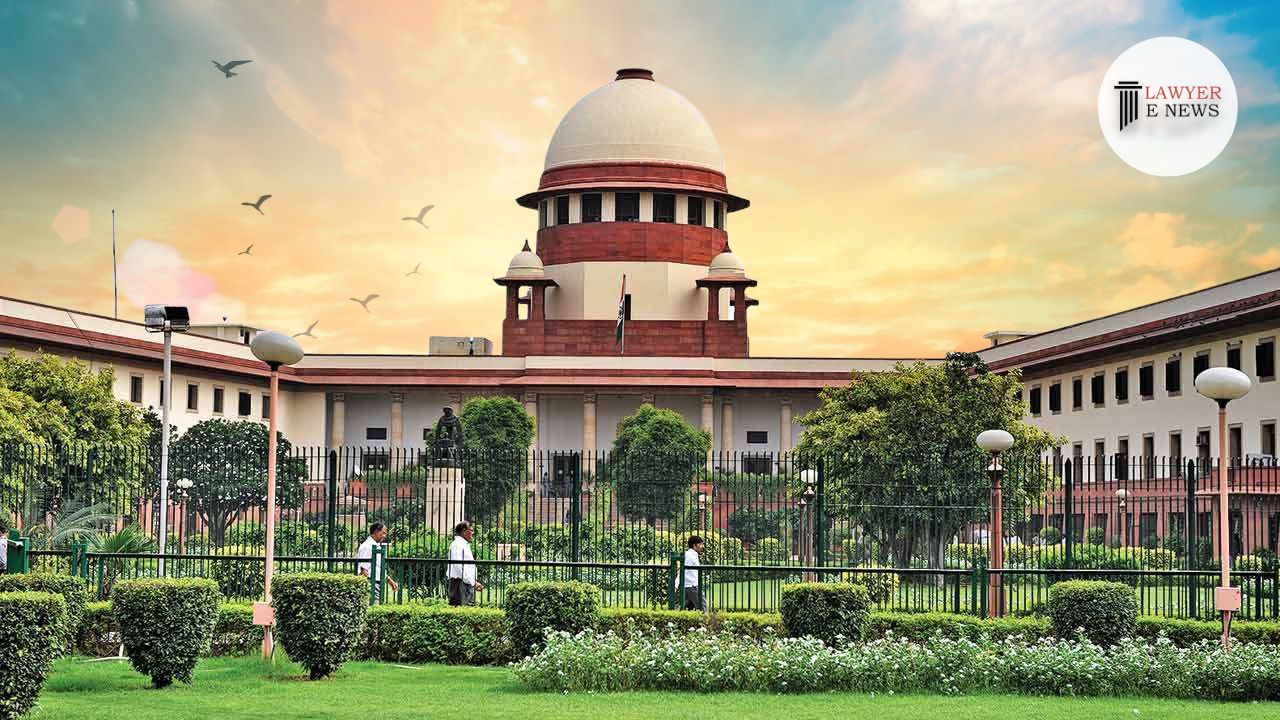-
by sayum
14 February 2026 2:22 PM



In a notable decision, the Supreme Court has upheld the Jharkhand High Court’s order granting bail to Mrityunjay Kumar Singh, linked with alleged terrorist activities and the killing of police personnel by CPI (Maoist). The apex court dismissed the appeal by the Union of India, which challenged the bail, citing insufficient grounds to reverse the High Court’s decision.
Legal Context and Brief: The challenge was rooted in the High Court’s decision dated January 30, 2023, which allowed Singh’s bail plea. The Union of India had contested this decision, fearing Singh might tamper with evidence or influence witnesses, given his alleged connections with terrorist activities and other criminal cases.
Facts and Issues: The case pertains to an attack on Chandwa police by CPI (Maoist) on November 22, 2019, resulting in four police casualties. The respondent, Mrityunjay Kumar Singh, was accused of supporting the Maoist group financially and logistically. The National Investigation Agency (NIA) charged him and several others with multiple severe offenses, leading to his initial bail rejection by a Special Judge.
Court’s Assessment: The Supreme Court noted that the High Court’s decision to grant bail was based on the lack of direct evidence linking Singh to the crime scene and the absence of any violation of previously set bail conditions. The Court referenced past precedents emphasizing the necessity of a judicial balance between the presumption of innocence and the nature of the accusations.
Key Observations: Evidence and Previous Acquittals: The apex court highlighted that previous acquittals and bail grants in other cases significantly weakened the Union of India’s argument.
Judicial Reasoning: The Court underscored that detaining individuals on a presumption of guilt without a strong evidential basis is inappropriate, stressing that decisions at the bail stage should not influence the trial’s outcome.
Future Compliance: The Court left room for the prosecution to seek bail cancellation should there be future violations of the bail conditions, asserting that such actions should be assessed independently.
Decision: The appeal was dismissed due to a lack of substantive grounds to reverse the High Court’s order, emphasizing the absence of bail condition violations as a significant factor.
Date of Decision: May 10, 2024.
UNION OF INDIA vs. MRITYUNJAY KUMAR SINGH @ MRITYUNJAY @ SONU SINGH,
